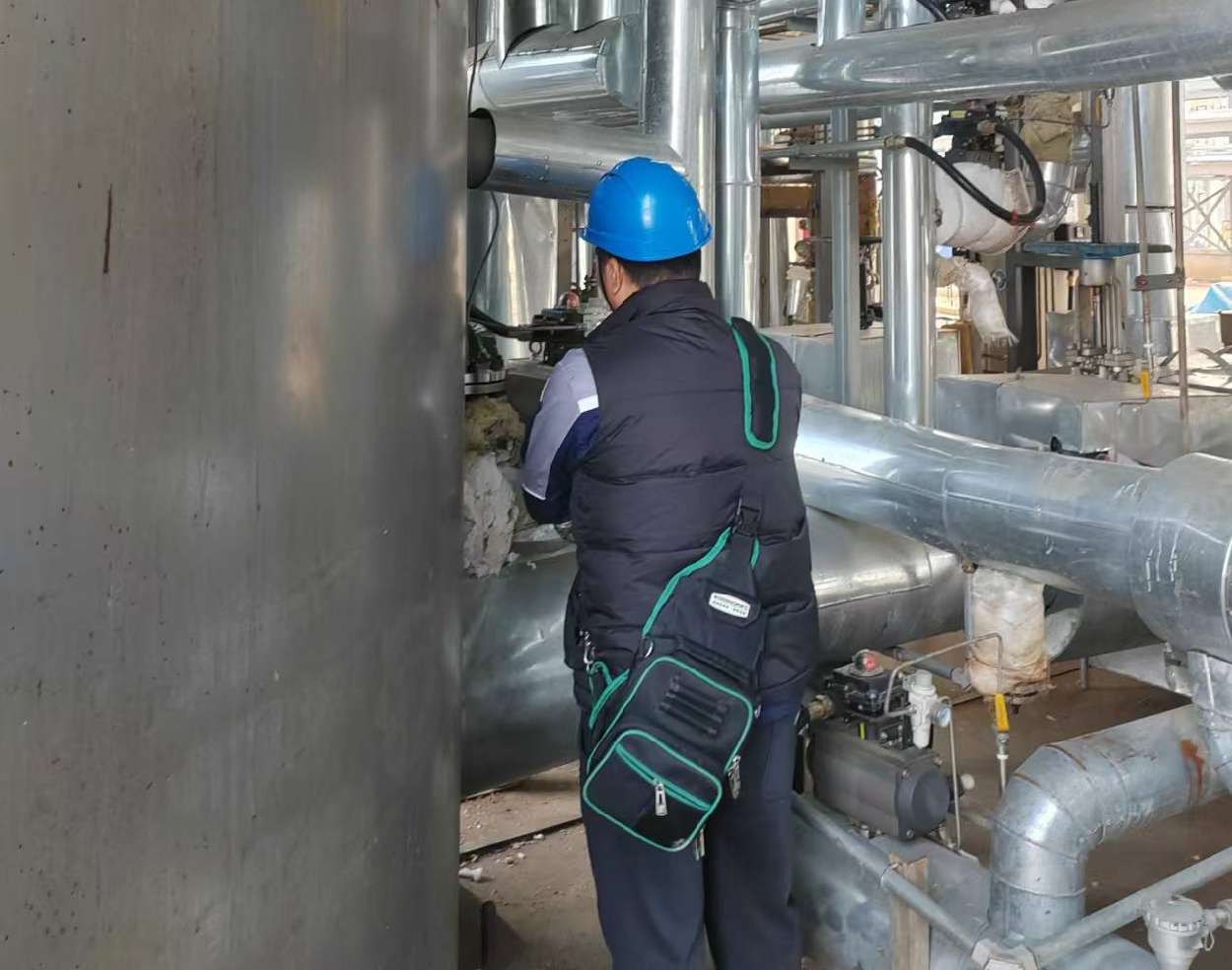In the wastewater treatment industry, precise control of sewage flow is essential for efficient processing and standard-compliant discharge. Electromagnetic flow meters have emerged as the vanguard of flow management in this field due to their superior performance.

Operating on the principle of Faraday’s Law of Electromagnetic Induction, electromagnetic flow meters generate an induced electromotive force perpendicular to the flow velocity when conductive wastewater flows through a magnetic field, cutting through the magnetic lines. This allows for the calculation of sewage flow by detecting the electromotive force. Despite the complex composition of sewage, which includes various impurities, suspended solids, and microorganisms, its conductivity makes it suitable for measurement by electromagnetic flow meters, laying the foundation for accurate readings.
Accurate flow data is crucial for the operational management of wastewater treatment plants. The flow information provided by electromagnetic flow meters enables plant managers to promptly understand the operational load and predict equipment failure risks. In the event of abnormal flow fluctuations, issues such as pipeline blockages or equipment damage can be quickly identified and addressed, ensuring the stable operation of the treatment plant and reducing maintenance costs. For instance, after installing electromagnetic flow meters, a certain wastewater treatment plant was able to enhance its processing efficiency by 20% and reduce chemical usage by 15%, effectively lowering treatment costs. The quality of the effluent also became more stable, meeting the national Class A discharge standards.


